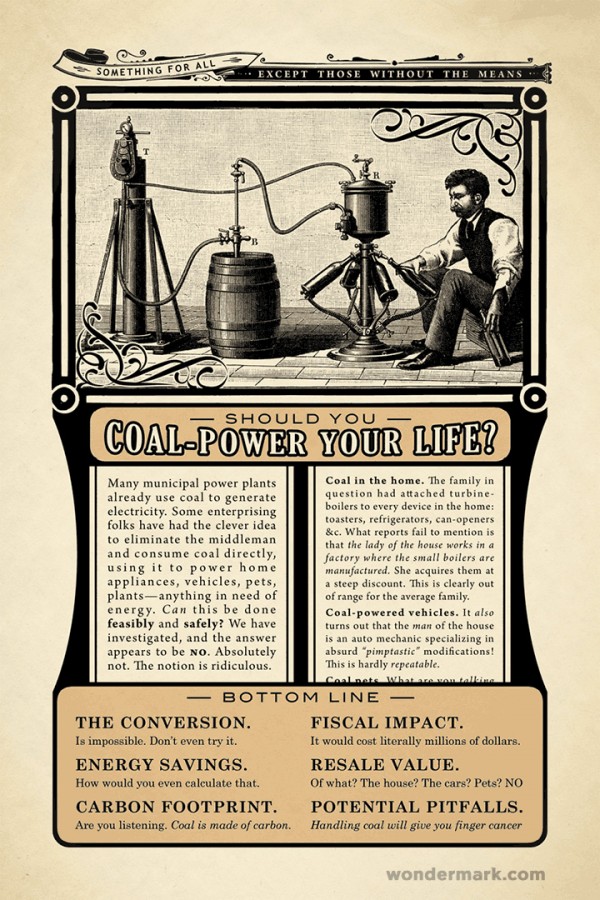On Earth Day last week, I saw a burger wrapper tossed from an old Buick and was stunned that anyone still thought it was OK to use our shared city habitat as a personal dumpster. Later that same day however, I saw a homeless man pick up a Styrofoam cup from the gutter and drop it in a trash can nearby, a tsk-tsk look clearly visible on his face.
Trivial perhaps, but those two incidents exemplify both the despair and the hope that we will ever climb the “green” mountain ahead of us. The problems are obvious, from nuclear accidents in Japan to water pollution in the Marcellus gas fracking region, but perhaps one positive solution to our environmental challenges is in the way we deal with things, every bit as much as what we do to solve them.
Here’s one small suggestion. I had a billing problem with an Apple computer purchase recently, so I called their customer service line. A friendly computerized voice answered immediately and instructed me to describe my problem in regular sentences (no “dial 1 to be frustrated; dial 2 to be really frustrated; dial 3 to be REALY frustrated;” and so on). I explained the issue and was asked for the order number. Within 90 seconds I was speaking to a live person, who had already looked up the record and was fixing the problem.
By contrast, last week marked the anniversary of the BP oil spill in the Gulf of Mexico. Meetings were held in the region to report the findings of the committee investigating the disaster and give residents the chance to tell their own stories. My colleagues Kris Haddad and Andria Mack were there to record these stories and have documented them at www.liverspergallon.net. The triumphs and tragedies were punctuated with one common refrain – – that no one seemed to be in charge and that victims had trouble speaking with a live person to apply for help or to fix problems with settlements that had been already made.
So here’s the idea. Why not ask Apple to manage claims and complaints from something like the BP disaster, by piggybacking on an existing – – and highly efficient – – customer call center? It would cost a lot less than creating a new system and would clearly be more effective than the process cobbled together by a number of finger-pointing oil companies and government agencies.
While we’re at it, let’s ask Harvard to find all of the subsidies we give to fossil fuels so Congress can end them. After all, the G20 nations pledged last year to phase out fossil fuel subsidies and President Obama just asked Congress to eliminate $4 billion in tax breaks for oil companies. But I’ll wager that Dr. Paul Epstein, associate director of the Center for Health and the Global Environment at Harvard Medical School, can find more for beleaguered taxpayers and tree-huggers alike. In a recent article in the Annals of the New York Academy of Sciences, Dr. Epstein details the economic, health and environmental costs associated with each stage in the life cycle of coal – – extraction, transportation, processing, and combustion – – and found almost half a trillion dollars each year in costs passed on to the public by that industry. Imagine what he could find if he went to New Orleans and looked at BP’s books or the IRS to look at oil company tax returns.
Yes, there are reasons for both optimism and pessimism on Earth Day 2011, but we could make Earth Day 2012 a lot “greener” – – in every sense of that word – – with a bigger sense of urgency and a little help from some friends.



